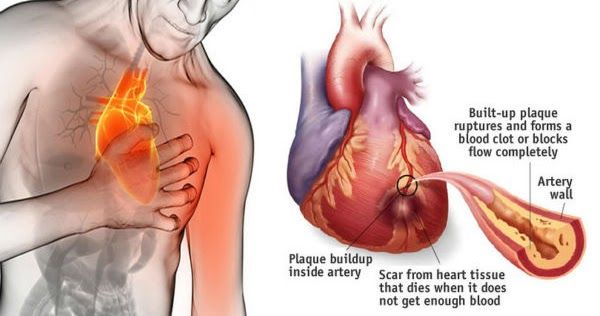
The kidneys play a crucial role in maintaining our overall health. Located just below the rib cage, these vital organs are responsible for filtering and detoxifying our blood, removing waste and excess fluids from the body. They also regulate electrolyte levels, contribute to bone health, produce red blood cells, and help stabilize blood pressure.
When our kidneys start to struggle and cannot function properly, it can have serious consequences for our health. It’s important to recognize the signs and take steps to prevent kidney damage or failure. Here are some signs that your kidneys might be in danger:
1. Swellings
If your kidneys are not functioning properly, they may struggle to eliminate excess fluids from your body. This can lead to swelling, particularly in the face, joints, and limbs. Pay attention to any unexplained bloating or puffiness.
2. Changes in Urination
Changes in your urination patterns can be an early indicator of kidney problems. Look out for the following signs:
- Difficulty urinating
- Increased pressure during urination
- Dark urine, infrequent urination, or urination in small amounts
- Pale-colored urine, frequent urination, or excessive urine production
- Foamy urine
- Increased need to urinate during the night
3. Rash of the Skin
The accumulation of waste in the body due to kidney failure can manifest as skin rashes and itching. When waste builds up in the blood, it can make the skin appear dry, unhealthy, and irritated. While lotions and creams may provide temporary relief, it’s important to address the underlying kidney problem.
4. Fatigue
Healthy kidneys produce a hormone called erythropoietin (EPO), which stimulates the production of red blood cells. These cells carry oxygen to various parts of the body. When the number of red blood cells is reduced, fatigue can set in, affecting both the brain and muscles. Fatigue can also be a sign of severe anemia.
5. Shortness of Breath
Low levels of oxygen in the body can cause shortness of breath. This can be a result of reduced red blood cell count, which hampers the delivery of oxygen. The presence of harmful toxins accumulated by the kidneys can also impact lung function.
6. Metallic Taste in the Mouth
Toxins that build up in the blood can alter the taste of foods and even cause bad breath. If you notice a sudden change in your taste buds or a poor appetite, it could be a sign of kidney damage.
7. Pain
Pain in the upper back can be a symptom of kidney damage. This area corresponds to the location of the kidneys. Infections or kidney stones can exacerbate the pain.
8. Poor Concentration and Dizziness
Inadequate oxygen flow to the brain is both a sign of severe anemia and kidney failure. This can manifest as difficulties with concentration, lightheadedness, and memory problems.
It’s important to incorporate healthier foods into your diet and increase your intake of antioxidants either through dietary choices or supplementation. By taking care of your kidneys and consuming kidney-friendly foods, you can support their optimal functioning and promote overall wellbeing.




